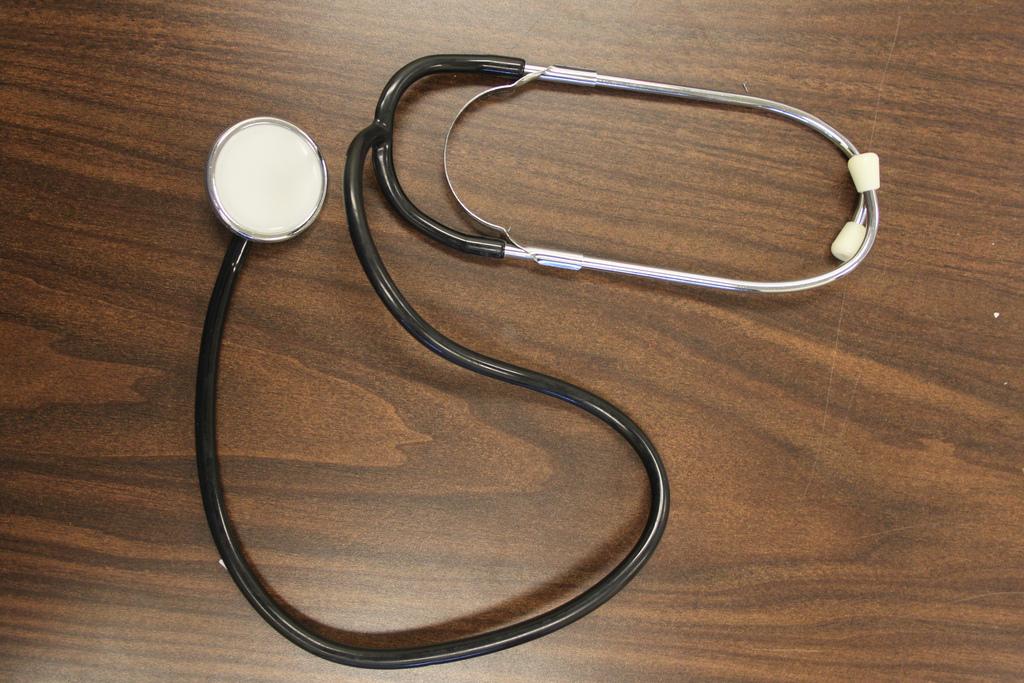DVC student Charmaine Pajar, 18, was going to purchase health insurance until she learned that she can remain on her parents’ plan for another eight years.
“I’m pretty happy– it saves me money,” she said of the Healthcare and Education Reconciliation Act of 2010, which was signed by President Barack Obama last month.
Effective in late September, the new law allows students to be covered by their parents’ insurance until age 26, instead of being dropped when they turn 19, as was previously the case with most plans.
It also gives those with a pre-existing condition who are currently uninsured the option of purchasing coverage through a special program until the healthcare bill is in full effect in 2014.
Bill Oye, the dean of student life, said healthcare reform is especially important for DVC students because there are no health services offered on campus.
Uninsured students previously had to purchase healthcare coverage through a Wells Fargo sponsored program that costs $413 per semester for domestic students under the age of 24.
The new law also bars commercial banks from offering student loans and makes the U.S. government the only lender for higher education.
Since 1965, commercial banks have been paid to offer student loans guaranteed by the U.S. government.
Those in opposition of the new policy argue that the interest rates will stay the same for students, and jobs in the banking industry will be eliminated.
But Rep. George Miller (D-Martinez), who chairs the House’s Education and Labor Committee, disagrees.
“Students and families will finally have a federal college aid system that works in their best interests – not in the interest of banks or big corporations,” he said in a written statement.
For loans taken out after July 1, 2014, the Direct Loan Program will allow students to cap their monthly payment at 10 percent of their income and it will forgive loans after 20 years for responsible borrowers, according to the Committee of Education and Labor’s report.
“It is a win-win situation,” said Brenda Jerez, director of financial aid, who is pleased that the government will no longer be subsidizing the banks.
Although some DVC students expressed indifference because the benefits of this new legislation are not immediate, others said they approved.
Daniel Dordevic, who plans on taking out a student loan after he transfers in fall 2012, said, “All students should be able to go to college through the government, but student loan reform is a step in the right direction.”
Implementation redirects nearly $40 billion of an expected $61 billion in savings to higher education, according to the Congressional Budget Office’s website.
For community colleges nationwide this means an additional $2 billion for job training.
The majority of this money, however, will be allocated to increasing funding for the Pell grant, which 2,500 DVC students currently receive, Jerez said.
She advised students to stay prompt with their paperwork, since changes at the Financial Aid Office take effect July 1. One such change is that checks will be mailed every two weeks instead of every day.
Contact Lina Pervez at lpervez@theinquireronline.com





































































